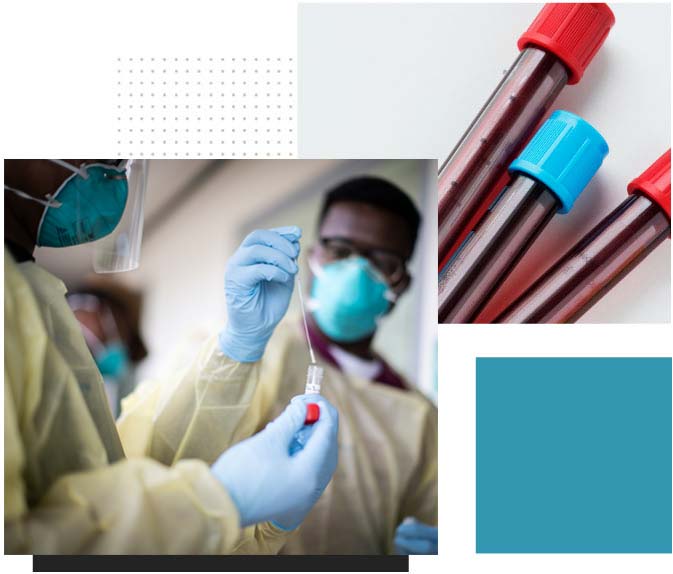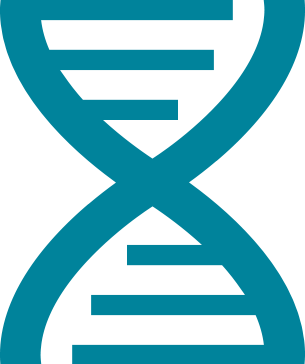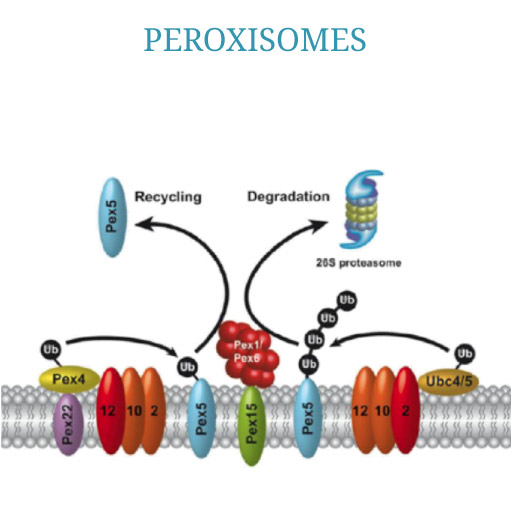
We are pursuing many different research projects like:

APPROACH
Building out our toolbox
We are creating a wide variety of models to facilitate research programs with collaborators, including cell and animal models, primary and immortalized fibroblasts, iPSCs, yeast models, C. elegans models, Drosophila models, and mice models (all made bespoke for PEX10 patients).
Understand
We are working with over a dozen labs (in North America, Europe, Middle East, and Asia) on various aspects of PEX10 research to understand exactly how PEX10 mutations impact peroxisome function.
Drug Repurposing
We are pursuing commercially available therapies that could be used in the short-term to mitigate symptoms for PEX10 patients.
Long-term Solution
We are pursuing the development of novel therapies like gene replacement therapy and antisense oligonucleotides that might provide a long-term solution for PEX10 patients.

Our work together on PEX10 and PBDs will contribute to
the fight against many other diseases!
Beyond PEX10
Peroxisomes are fantastically complex organelles involved in many critical functions throughout the body. While our work is focused on understanding the function of peroxisomes in order to help PEX10 patients and other patients of Peroxisomal Biogenesis Disorders, our efforts will help to improve our overall understanding of peroxisomes in a variety of contexts.
Current research suggests that:

» SARS-CoV-2 virus (the cause of COVID-19) directly attacks peroxisomes and peroxisome-boosting drugs have been shown to be effective against the virus in cell cultures.
» West Nile and Zika viruses use multiple mechanisms to reduce peroxisomes as a way to inhibit the production of interferon immune response.
» HIV subverts innate immune responses and causes neurocognitive dysfunction by repressing peroxisome biogenesis factors.
» Numerous neurodegenerative disorders such as Alzheimer’s and Parkinson’s disease have been linked to peroxisomal dysfunction.
» Peroxisomal dysfunction appears to contribute to the pathogenesis of a variety of diseases, including diabetes and cancer.

2021© All rights reserved by PBD Project
